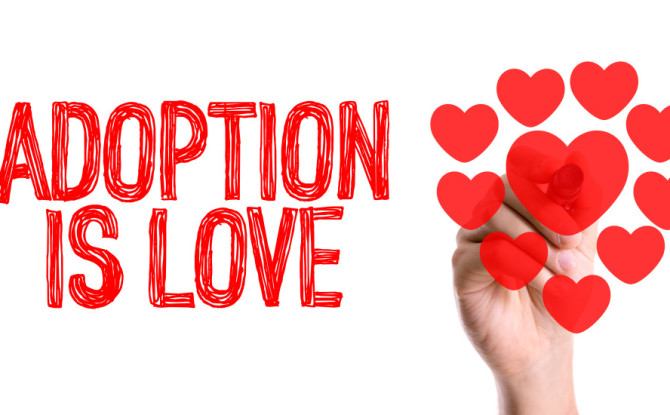
LGBT Families: Parenting & Second-Parent Adoption
LGBT Families: Parenting and Flaming Hoops of Second-Parent Adoption
LGBT Families and their personal stories are both moving and informative when planning your own family as a gay couple. At 30 weeks pregnant, my favorite time of each day is the moment when I lie down in bed and watch my stomach curiously shift as my daughter turns and rolls beneath the surface. “Look! Look!” I tell my wife when I can feel a movement is imminent, and she will place her hand on my belly, eager to make some early connection with the little creature that will be the center of our lives in ten short weeks. Each day we talk about how excited we are to meet our daughter — to see her, to feel her, to learn about her personality and if you’re my wife you will talk elatedly about teaching her how to throw a football.
In the midst of this excitement about our new family, we are beginning another new process — a second-parent adoption, so that my wife can also be recognized as our daughter’s legal parent. Although my wife’s name will be listed on our daughter’s birth certificate, and although we are legally married in New York State, and although we carefully chose our sperm donor together and although she will change a thousand poopie diapers and fall asleep reading Dr. Seuss books to our daughter one day — she will not have legal status as a parent to our child until we complete an extensive and expensive adoption process. Straight couples sometimes also choose to do second-parent adoptions, but this typically only occurs among unmarried straight couples when one is not the biological parent of the child. However, for the thousands of married same-sex couples like ourselves who have chosen to start a family and have children together, marriage or parental names on the birth certificate are not enough to secure our families.
LGBT Families of all kinds have second parent adoptions
We began researching second-parent adoptions for same-sex couples once we found out I was pregnant. We weren’t entirely convinced it was necessary; we live in and mostly travel to states with marriage equality laws in place and it seemed far-fetched that we would find ourselves in an unfriendly hospital where my wife would be barred from visiting me or making decisions on behalf of our daughter. And yet, all of our LGBT parent friends have gone through the adoption process, and even our LGBT friends without kids — including lawyers, nurses, activists and policymakers have encouraged us to do it. Only my moms, two lesbians who raised me and my siblings in New England years before any state recognized gay marriage, questioned the necessity of a second-parent adoption. “Listen honey, if you are ever in an emergency — you will find a way. Nothing will keep you guys from your child,” was my mother’s trusting advice. Yet LGBT families have faced these types of challenges for years and will continue to face them as long as there aren’t federal protections in place.
Despite last year’s momentous Supreme Court decision finding the Defense of Marriage Act’s (DOMA) ban on same-sex marriage unconstitutional, LGBT families still face what is often referred to as a “patchwork” of laws and regulations across the United States, including those that can prohibit a “non-recognized” same-sex parents from covering their child on their health insurance plan, visiting a sick child in a hospital, or from consenting to necessary medical care. In the worst of cases, a child could be removed from the family home if the legal parent dies and there’s no second-parent adoption in place.
In states that do allow LGBT parents to petition for second-parent adoptions (and at the time of this writing only 14 states and D.C. allow this), the adoption process can vary regionally, and even from judge to judge. This type of arbitrary consideration for a child’s “best interest” is likely to happen more with the passage of any federal legislation such as the recently introduced bill which would allow adoption and foster care service providers to “refuse to work with families with whom they have personal, religious, or moral objections.” As the attorney who is working on our adoption told us, “Less than half the states currently recognize same-sex marriages. If you were to leave NY for any purpose, there could be issues. Although you and your wife are in concert on this, if you were in another state and became disabled or died, she might have to deal with interfering relatives or an unfriendly Child Protective Services, medical or court system. A birth certificate is not proof of parentage and not entitled to full faith and credit in all states. A court order is your best protection.”
Click here to read the entire article.
by Allison Auldridge, huffingtonpost.com, August 15, 2015
